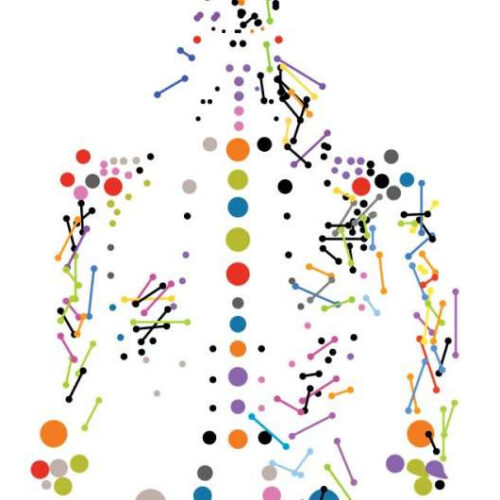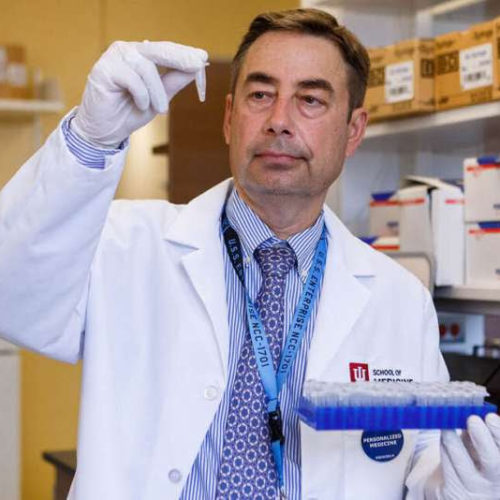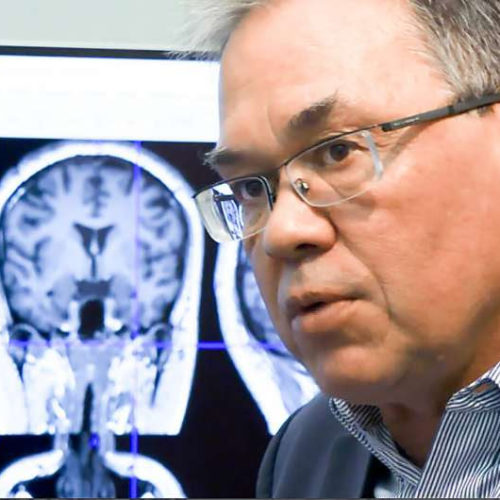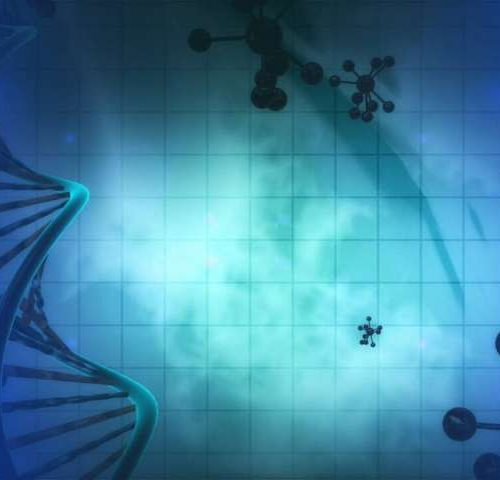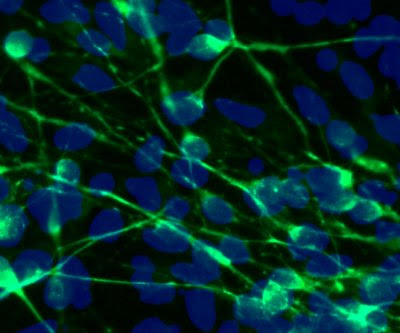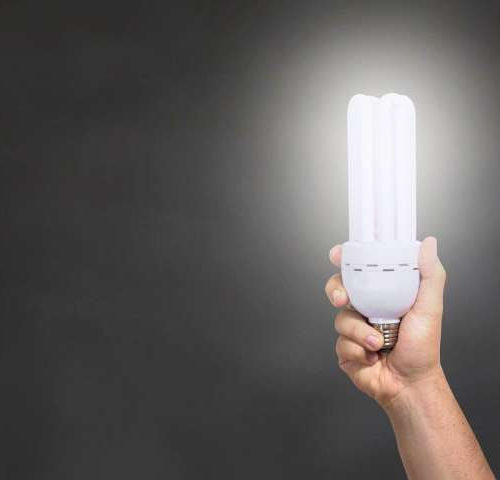by Katie Ann McCarver, University of Iowa Credit: Pixabay/CC0 Public Domain A new study shows that individuals with bipolar disorder who are exposed to significant trauma may be at greater risk for suicide death, suggesting that clinical diagnosis of or genetic predisposition to trauma-related conditions could be important factors to consider in suicide prevention. Suicide is...
Tag: <span>bipolar disorder</span>
Additional genetic risk variants behind bipolar disorder have emerged
AARHUS UNIVERSITY Researchers from the Danish psychiatry research-project iPSYCH have contributed to identify 33 new genetic variants which, as it turns out, play a role in bipolar disorder. To achieve this, they have examined DNA profiles from 413,000 people. A number of scientific working groups are currently attempting to identify the genetic architecture underlying heritable and severe...
Researchers identify 64 regions of the genome that increase risk for bipolar disorder
by The Mount Sinai Hospital Credit: CC0 Public Domain In the largest genetic study of bipolar disorder to date, researchers have identified 64 regions of the genome containing DNA variations that increase risk of bipolar disorder—more than double the number previously identified. The research team also found overlap in the genetic bases of bipolar disorder and other psychiatric disorders. Furthermore, the study supports...
Researchers develop blood test for depression, bipolar disorder
by Indiana University School of Medicine Alexander B. Niculescu, MD, PhD. Credit: IU School of Medicine Worldwide, 1 in 4 people will suffer from a depressive episode in their lifetime. While current diagnosis and treatment approaches are largely trial and error, a breakthrough study by Indiana University School of Medicine researchers sheds new light on the biological basis...
AI-based tool detects bipolar disorder at earlier stages
by Adrianna MacPherson, University of Alberta Andrew Greenshaw, professor and associate chair in the Department of Psychiatry, says applying machine learning to medical diagnostics depends on having consistent, standardized data available to “teach” the AI-based systems what to look for. (Photo: Faculty of Medicine & Dentistry) Many people with early-stage or first-episode bipolar disorder have cognitive...
Potential new biomarker for depression and bipolar disorder
by Candy Gibson, University of South Australia Credit: Pixabay/CC0 Public Domain UniSA scientists have developed the world’s first test to accurately predict mood disorders in people, based on the levels of a specific protein found in the brain. Links between low levels of mature brain-derived neurotrophic factor (mBDNF) and depression are well known but, until now,...
New clues why gold standard treatment for bipolar disorder doesn’t work for majority of patients
SALK INSTITUTE IMAGE: CAPTION: FROM LEFT: IPSC-DERIVED DENTATE GYRUS (DG)-LIKE NEURONS (GREEN) FROM CONTROL SUBJECT; BIPOLAR LITHIUM RESPONDER; AND BIPOLAR LITHIUM NONRESPONDER. WHILE THE PERCENTAGE OF DG-LIKE NEURONS IS THE SAME FOR CONTROL AND BIPOLAR,THE GENE ACTIVATION PROFILES ARE DIFFERENT AND THE NONRESPONDER HAS LOW LEVELS OF LEF1. CREDIT: SALK INSTITUTE LA JOLLA–(January 5, 2021)...
Researchers discover potential treatment for rare degenerative disease
by Yale University Yale pharmacology professor Barbara Ehrlich and her team have uncovered a mechanism driving a rare, lethal disease called Wolfram Syndrome and also a potential treatment. Their findings appear in the July 6 edition of Proceedings of the National Academy of Sciences. Wolfram Syndrome—a progressive degenerative disease that affects about one in 500,000...
Altered potassium levels in neurons may cause mood swings in bipolar disorder
Salk researchers also find additional differences between the neurons of people with bipolar disorder who respond to lithium and those who don’t People with bipolar disorder experience dramatic shifts in mood, oscillating between often debilitating periods of mania and depression. While a third of people with bipolar disorder can be successfully treated with the drug...
Light therapy holds promise for people with bipolar disorder
by Kerry Blackadar, University of British Columbia But much less is known about the potential benefits of light therapy for people with bipolar disorder, one of the leading causes of disability worldwide. In a meta-analysis recently published in the Canadian Journal of Psychiatry, Dr. Raymond Lam—a professor in the department of psychiatry, director of the...


